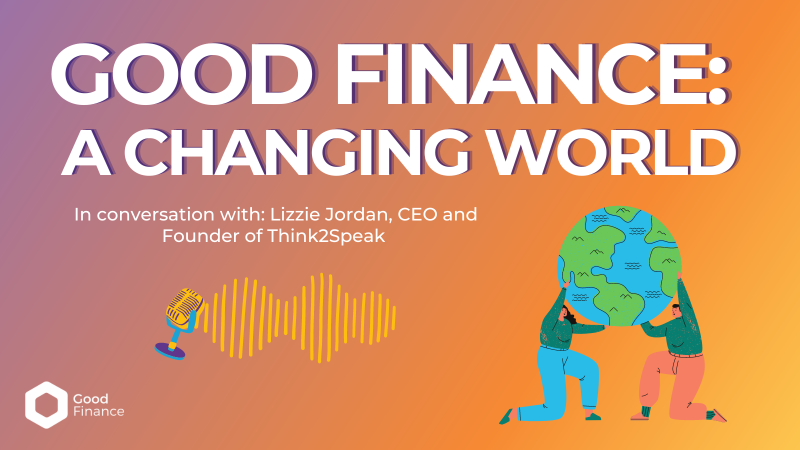Catalytic capital
Is investment capital that is patient, risk-tolerant, concessionary, and flexible and is an approach used to support impact-driven enterprises that lack access to capital on suitable terms and to unlock impact and additional investment that would not otherwise be possible.
Base rate
This is sometimes called the ‘Bank of England base rate’ or ‘Bank Rate’. It sets the level of interest all other banks charge borrowers and its purpose is to help regulate inflation. Some social investors set their interest rates relative to this rate of interest e.g. base rate + 2%.
Fees
This may also be known as an arrangement fee. It is the cost charged by an investor to structure a deal and will cover staff time, overheads etc covering their professional services to the investee.
Risk
This factors in the likelihood of the investment being paid back. For example borrowing money to buy an asset such as a building which is considered to be lower risk than lending money to a start up organisation with no proven track record.
Term
This relates to the length of time that an investment is made over and when and how it is due to be repaid.
Product
Social investment products range from well-known mechanisms, such as overdrafts and mortgages, to more unfamiliar forms such as quasi-equity and patient capital. There are two main types of social investment - Borrowing (debt) or Shares (equity).
Philanthropic capital
Capital offered for investment which focuses more on the impact that an organisation is delivering on instead of the potential return of investment. As a result this type of capital is usually able to tolerate making higher risk investments.
Retail investor
Otherwise known as an individual or ordinary non-professional investor who buys and sells investments.
Capital repayment holiday
A period of time, usually at the start of a loan, where the lender agrees to receive only interest payments, so the borrower won’t pay back any of the original capital lent during this period.

